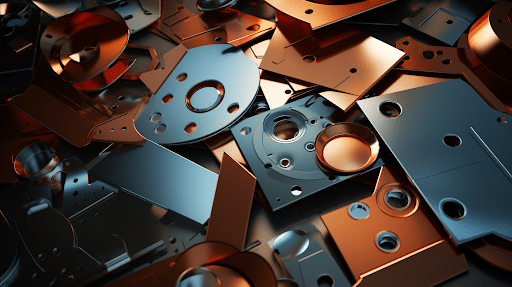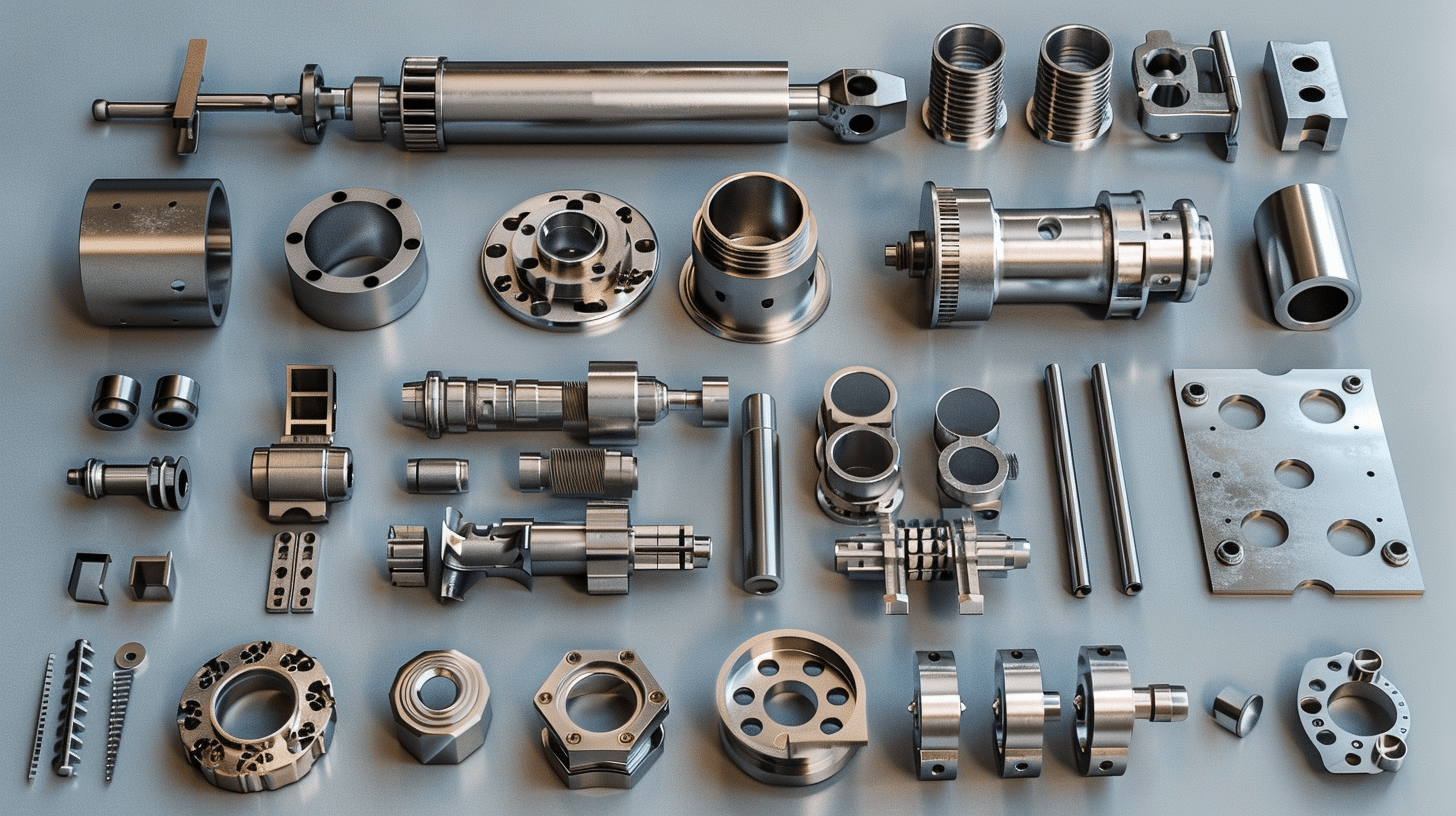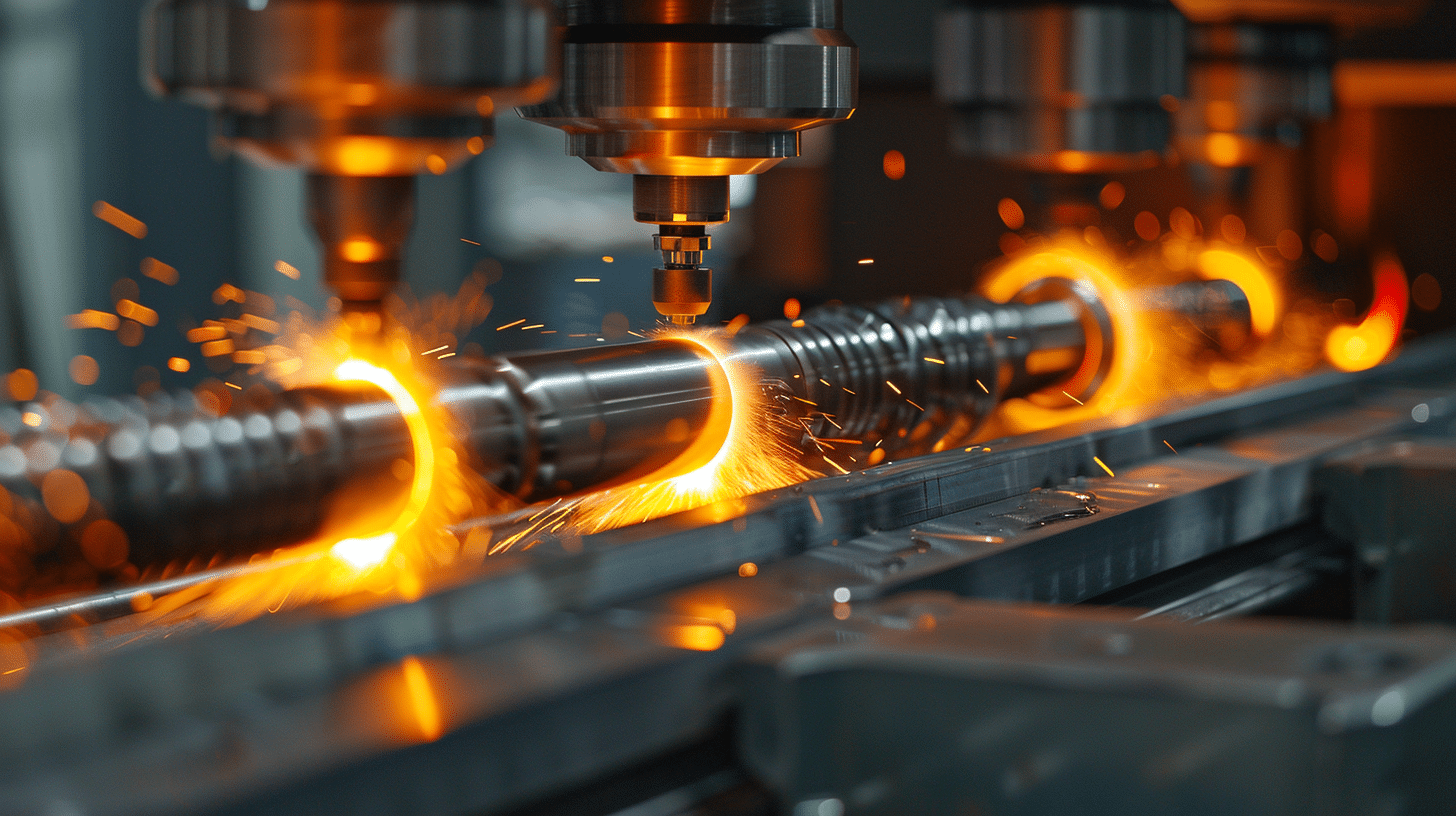In the world of contract manufacturing services, three common types of manufacturers stand out: ODM, OEM, and CM. Each has its unique strengths and characteristics, making the selection process a pivotal step in your product development journey. In this article, we explore the differences and particular advantages of ODM, EM, and CM to help you find the ideal manufacturer for your next project.
Explaining ODM, OEM, and CM
Original Design Manufacturer (ODM)
ODMs are companies specializing in the entire product development process. They not only manufacture the products but also take on the responsibility of product design, ensuring the product meets specific standards and requirements. ODMs are often chosen for their ability to deliver finished products, making them a suitable choice for businesses with limited manufacturing capabilities.
Original Equipment Manufacturer (OEM)
OEMs are manufacturers that produce products based on the specifications provided by the client. They do not engage in product design and typically follow the client’s guidelines to manufacture the requested product. OEMs are popular for businesses that already have a well-defined product design and need a manufacturing partner to bring their concept to life.
Contract Manufacturer (CM)
Contract Manufacturers are versatile manufacturing partners that specialize in producing a wide range of products according to the client’s specifications. They are ideal for businesses looking for custom products and cost-effective production, as they often have a wide array of manufacturing processes and capabilities.
What is Turnkey Manufacturing?
Key Differences Between ODM, OEM, and CM
Product Design and Development
- ODM: ODMs take the lead in product design and development. They have the expertise and resources to create products from concept to finished design. This means that they can bring your product idea to life, offering a comprehensive solution for those who need assistance with the entire design process.
- OEM: OEMs, in contrast, do not engage in product design. They rely on the product specifications provided by the client. They focus exclusively on manufacturing, meaning they are ideal for clients who already have a well-defined product design and need a production partner.
- CM: CMs are versatile and can adapt to the client’s needs. They can handle both product design and manufacturing, making them a suitable choice for businesses seeking a balance between design and production.
Costs
- ODM: ODMs typically provide a complete package, which may result in higher costs.
- OEM: OEMs allow clients more control over production costs as they focus solely on manufacturing. Clients can choose suppliers, materials, and other cost-related factors, providing more cost flexibility.
- CM: CMs offer a competitive edge in cost control. They often have a range of manufacturing processes and capabilities, allowing clients to choose cost-effective solutions that suit their needs.
Manufacturing Time
- ODM: ODMs can be quicker to market as they oversee the entire manufacturing process, including product design. This streamlined approach can save time and bring products to market faster.
- OEM: OEMs may have longer lead times, as they need to adapt their manufacturing processes to the client’s product specifications. The time frame can vary depending on the complexity of the project.
- CM: CMs’ lead times depend on their manufacturing capabilities and current production schedules, making them flexible in terms of project timelines.
Quality Control
- ODM: ODMs maintain control over product quality throughout the design and manufacturing processes.
- OEM: OEMs rely on client-defined quality standards, so the level of quality control can vary based on the client’s requirements and specifications.
- CM: CMs also follow client-defined quality standards, offering flexibility in adapting to different quality requirements.
Customization
- ODM: ODMs may have limitations in customization based on their existing manufacturing processes and product offerings.
- OEM: OEMs offer more customization options, as they tailor their manufacturing to the client’s specific product requirements.
- CM: CMs are known for their flexibility in producing custom products. They can adapt to various specifications and offer a wide range of manufacturing processes.
Creative Control
- ODM: ODMs typically have more creative control over the product’s design and development, as they guide the entire process from concept to finished design.
- OEM: Clients retain creative control over product specifications, allowing them to make changes and adjustments as needed.
- CM: Similar to OEMs, CMs provide clients with creative control to dictate product specifications and changes.
How to Select the Ideal Manufacturer
While ODMs and OEMs have their merits, contract manufacturers shine when it comes to balancing cost control, flexibility, and efficient production. Their ability to adapt to diverse project needs, manage costs effectively, and provide quality control, along with their streamlined supply chain management, makes CMs a versatile and often superior choice for a wide range of businesses. Let’s explore why contract manufacturers are the preferred choice when selecting the ideal manufacturer for your project.
Flexibility
CMs can adapt to a wide range of product requirements and specifications. Whether your project needs customization, scalability, or rapid changes, CMs are equipped to meet your needs. This adaptability allows you to respond quickly to market changes and evolving consumer preferences.
Cost Control
CMs provide cost control options that can benefit your project’s budget. With the ability to select from various manufacturing processes and materials, they allow you to choose the most cost-effective solutions for your product. This flexibility helps you manage production costs more efficiently.
Speed to Market
While ODMs may excel in bringing products to market quickly due to their control over the entire process, CMs can offer competitive lead times. CMs’ lead times depend on their manufacturing capabilities and schedules, and they are often well-versed in meeting production deadlines.
Quality Control
CMs are no slouch in the quality control department. They follow client-defined quality standards, assuring that your product will meet your specified quality requirements. This approach ensures that you have a say in the quality control process, allowing you to maintain a high-quality standard.
Creative Control
Just like OEMs, CMs allow clients to retain creative control over product specifications and changes. You can make adjustments and modifications as needed without sacrificing the benefits of a manufacturing partner.
Supply Chain Management
CMs frequently have well-established supply chain management systems. This expertise ensures a smooth production process and efficient supply chain operations. It’s critical for the timely delivery of materials and components, reducing potential delays in your product’s production.
Cost-Effective Scaling
As your business grows, CMs can efficiently scale up production to meet increasing demand. This scalability allows you to expand without the need to seek out new manufacturing partners, saving time and resources.
Wide Range of Expertise
CMs often have experience across a diverse range of industries and products. This broad expertise can be valuable in providing insights, process improvements, and innovative solutions for your project.
Risk Mitigation
By choosing a CM, you can spread the risk associated with product development and manufacturing. You share the responsibility with a partner who is invested in your project’s success, reducing the burden on your business.
Cost-effectiveness for Small Businesses
CMs can be particularly cost-effective for small businesses. They provide access to professional manufacturing processes and expertise without the need for large upfront investments in manufacturing facilities and equipment.
Everything You Need to Know About Contract Manufacturing
Work Alongside the Best Contract Manufacturers
At Alpha Contract Manufacturing Group, we are on a mission to revolutionize industrial subcontracting services. With our extensive expertise and a wide range of connections, we can tackle manufacturing projects of all shapes and sizes. We provide a comprehensive solution for even the most complex challenges in industrial and manufacturing production.
We specialize in the following manufacturing services:
- Industrial painting services
- Machining services
- Plastic manufacturing services
- Wood processing services
- Rubber processing services
- Laser cutting services
- Metal processing services
- Industrial welding services
- Electromechanics services
- Composite manufacturing services
- Industrial automation services
- Assembly manufacturing services
Our commitment goes beyond just offering services. We are your trusted guides, providing unwavering support throughout the entire journey. From the initial spark of your idea to the delivery of the final product, we ensure your goals are exceeded. Feel free to reach out to our representatives today and discover how our expertise can drive your business toward a more efficient future.







